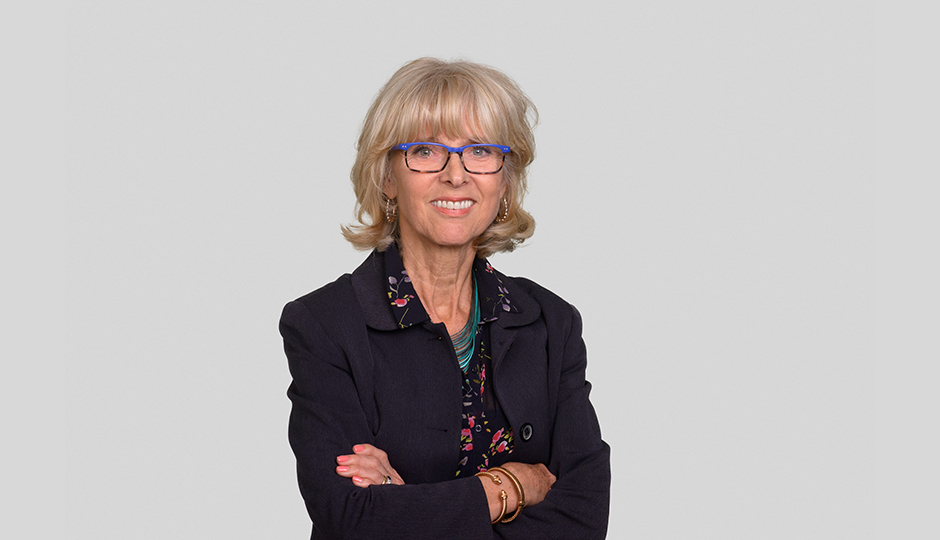
We have come to the end of another very singular year for the university and college community—one that will be remembered for the spectre of the pandemic and its attendant disruptions. The effects of the past year will live on, not only in our memories, but in our practices; a whole series of experiments, trials and innovations have transformed and improved our ways of doing things, perhaps for the long term: time will tell. The pandemic has accelerated the digital shift, making us more agile and mobile, at a lower cost. It has prompted the introduction of new systems and arrangements to make teleworking effective and manageable on a large scale. It has brought about a huge resilience effort, a movement of solidarity and the strengthening of social ties. It has also re-established the role of science in addressing major societal challenges, including climate change. And for the public and researchers alike, it has revealed the importance of work in the social sciences and humanities, reminding us that humans are at the heart of the major challenges facing society.
Indeed, our research helps us to take a more penetrating, analytical and critical look at the phenomena around us. Our cross-disciplinary expertise leads us to a better understanding of complex situations and to develop solutions and innovative approaches to address complicated problems. The cultural sector, which has hard hit by the pandemic, has succeeded in creating meaning at a time when we were forced to break with routine, lose our bearings, and when our social interactions were drastically reduced. The cultural milieu quickly recovered and adapted to new methods of creation, production and dissemination to offer us works that connect us to another dimension of the humanity in each of us.
The past year has also been conducive to the development of reflection on the challenges of integrating the consideration of equity, diversity and integrity (EDI) and the United Nations sustainable development goals (SDG) in our programs. While these considerations are easily embraced in principle by the entire research community, it will take considerable foresight and skill to implement these new requirements in the research curriculum without disadvantaging certain scientific approaches and disciplines that may be less immediately aligned with these goals. How can these objectives be incorporated organically into the research agenda? What are the best ways to promote the relevance and importance of basic research and research in cultural fields that does not always clearly meet the criteria for basic or applied science? These issues will be addressed in the 2022 -2025 Strategic Plan, on which we are currently working and on which we will consult you in the near future.
I wish to take this opportunity to congratulate our scholarship recipients and the winners of our many grant programs. More than ever, we expect your work and your dynamic efforts to vitalize the research community and support the next generation of researchers. I also thank all those who generously and rigorously served on our evaluation committees as well as the Fonds staff, who adapted with flexibility and intelligence to their new working conditions and who oversaw the entire awards process. Once again, you have my sincere gratitude and I hope to be in closer contact with you very soon.
Finally, I wish you all a happy, rejuvenating and peaceful summer.
